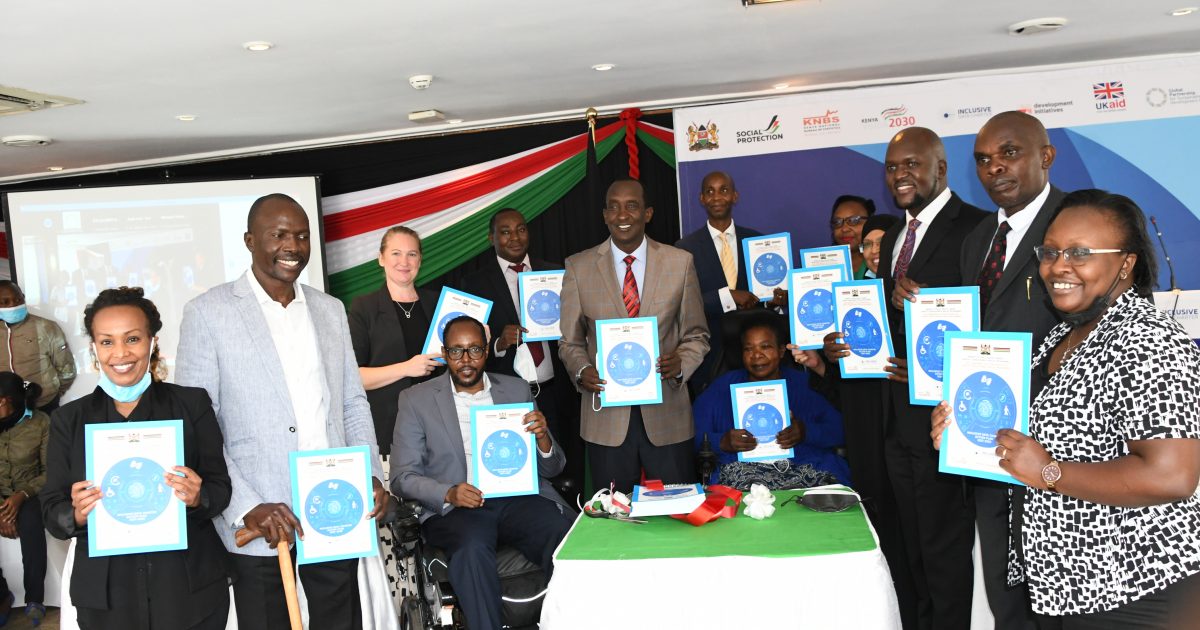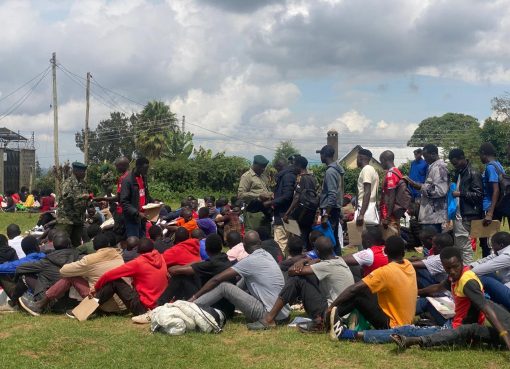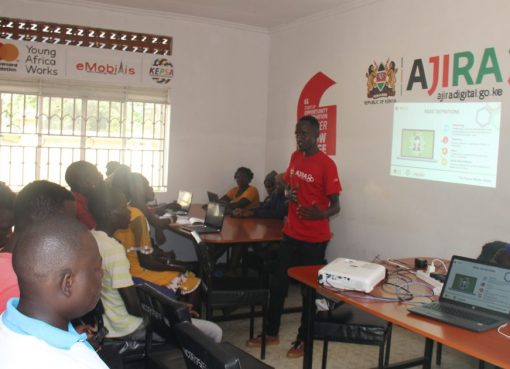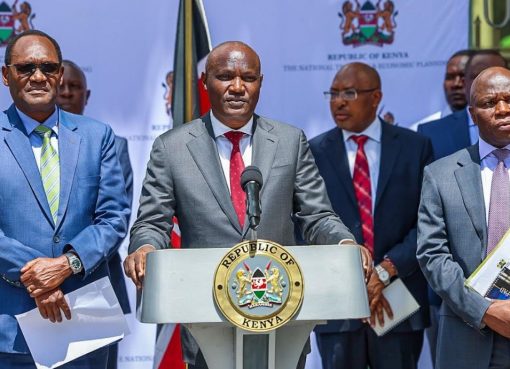Ministry of Public Service, Gender, Senior Citizens Affairs and Special Programmes in collaboration with the Kenya National Bureau of Statistics plans to undertake the national disability census to enable the country have an accurate data of persons living with disability (PWDs).
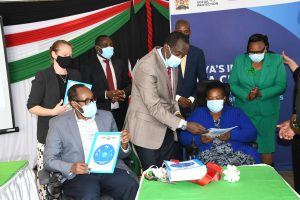
The census exercise that will also include the technical working committee on disability intends to come up with data that will be used by ministries, agencies, and non-state actors for planning, designing and decision making on programmes and projects touching on PWDs.
Ministry of Public Service, Gender, Senior Citizens Affairs and Special Programmes Chief Administrative Secretary Patrick Ole Ntutu said there is need for timely, comprehensive and disaggregated data as it will help to understand the situation of the poorest and most marginalized.
Speaking during the launch of the Kenya’s Inclusive Data Charter Action Plan at a Nairobi hotel on Tuesday, Ntutu noted that most research done in all spheres of development do not disaggregate data on disability as a category, an indication that not much is known about persons with disabilities except that they exist as a part of community members.
He said the Action Plan is vital as it will help to build the capacity of all implementers of national priorities and attainment of interventions as articulated in various protocols and conventions which the country has ratified.
“Currently the country lacks adequate, reliable and in some instances disaggregated data to guide the realization of these noble goal,” he noted.
Ntutu disclosed that the Cabinet has already approved the ratifications of the African Protocol on the Rights of Persons with Disabilities and will be tabled to parliament for ratification.
“It is our hope that through the implementation of this Action Plan, we are going to make deliberate effort to collect, analyze and use accurate data in decision making and planning,” said Ntutu.
The CAS at the same time called for close collaboration between the ministry, Kenya National Bureau of Statistics, development partners and organisations for persons with disabilities in the implementation of the Action Plan.
He noted that according to the 2019 National Population and Housing census carried out in 2019, Kenya had 918, 270 persons aged 5 years and above with disabilities making up for 2 per cent of the population of which 57 per cent were women and girls.
In her remarks, the Head of People and Partnerships at British High Commission, Nairobi, Ms. Nicole Gregory assured of the British government’s support on issues touching on PWDs, and urged those undertaking the census to come up with high quality data that can support employment and innovations.
Speaking at the event, the Chief Executive Officer National Council for Persons with Disabilities Harun Hassan said the implementation of the Action Plan enhance social protection programme, collection of administrative data and emergency responsive mechanism.
“With proper data on persons with disability, we expect the cash transfer fund to be doubled up from Sh2,000, PWDs to benefit from assistive devices and students to be given full scholarships,” said Hassan.
Since the First Global Disability Summit held in July 2018, Kenya has made progress through the establishment and launch of the Inter Agency Coordinating Committee, and has also developed and launched a disability awareness creation booklet used for mitigation of stigma and discrimination against PWDs.
By Bernadette Khaduli


